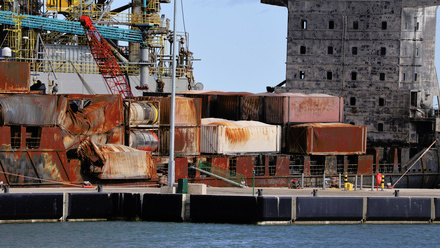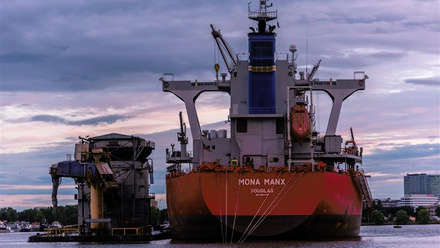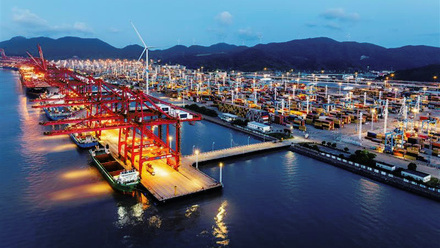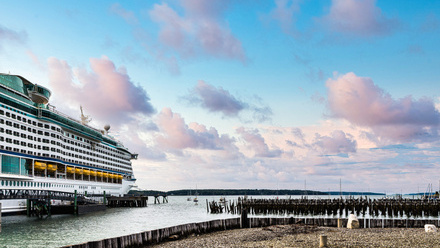Fire at sea: when cutting corners risks lives and losses
The most expensive cause of marine insurance claims, a new report lays bare the dangers of fire.
As the energy transitions drives the deployment of alternative fuels, including the use and transportation of lithium-ion batteries, the shipping industry faces new fire risks and safety challenges. Already there are signs that fire incidents are on a worrying upwards trajectory, with fire accounting for over 20% of total losses.
In its Safety and Shipping Review 2023, insurance firm Allianz reported a loss of 64 ships to fire over the past five years, and in 2022 the number of fire incidents reported globally was its highest total for a decade. In the Safety and Shipping Review 2024, fire remains the most expensive cause of marine insurance claims.
The trend is underlined by an increase in reported safety breaches and subsequent detentions following Port State Control inspections, highlighting deficiencies in routine maintenance and testing of safety-critical equipment, jeopardising crew and vessel safety. Fire safety was made the focus of a Concentrated Inspection Campaign (CIC) that ran between September and November 2023, with many basic failings found in routine fire safety practices, such as the maintenance of fire doors and the periodic testing of fire detection and alarm systems.
Metkel Yohannes, Director of Service and Rental Solutions at survival technology original equipment manufacturer Survitec and author of a white paper on these worrying trends, says there’s a strong case for more vigilant maintenance regimes and better crew training and regulatory compliance. He believes financial pressures are contributing to these deficiencies, with some ship owners and operators maintaining and inspecting safety equipment themselves as a way of making their budgets stretch further while crew training has also been negatively impacted.
‘Basic errors’ causing issues
“The economic downturn and the emphasis on cost reduction post-Covid have had a negative impact on fire safety,” states Yohannes in the report. “We’re finding basic errors and oversights that do not become apparent until either the ship fails an inspection and is detained, or there is a fire.”
In one instance, Survitec was called out to a vessel after an engine room fire, which the crew had managed to extinguish. They suspected a fault with their high expansion foam firefighting system, which was found to be blocked as a result of faulty installation (the crew had forgotten to remove one of the protective caps).
According to Yohannes, another common mistake is to mix different types or brands of firefighting foam. In one inspection of the foam tank for a helideck system, the technician discovered the foam had changed from a liquid state to an almost sponge-like, gelatinous state. The system was therefore inoperable and required major work – and considerable expense – to remove the contaminated foam, deep-clean the system, and recharge it.
“Fortunately, in this instance, the fault was discovered and rectified before the ship had cause to use the system, because the system would certainly have failed had there been a fire,” he laments.
The procurement of spare and replacement parts can also be a challenge along with inadequate servicing. The Survitec white paper highlights the case of a bulk carrier which, in early 2024, left port having just completed a fire safety inspection and received full certification from a local service provider. Shortly after leaving port, a fire started in the engine room but more than half the cylinders on the CO2 system, which had just been inspected and approved, failed to activate. The fire was eventually extinguished but there was significant damage to the vessel, with costs of $2-3 million.
With no quality benchmarks or training standards in place to help determine competencies around servicing, Yohannes argues that it may be time for a rethink so that shipowners and operators can have trust in accredited service partners. “As an industry, we should review current practices and decide: do we need more oversight, more governance, better quality control procedures around servicing and approvals? Anything less is not just a false economy, it’s potentially dangerous,” he concludes.
Image: a rescue boat heads towards a vessel on fire; credit: Shutterstock.
Read more: Catastrophic engine failure, fire, and sinking of Atlantic Destiny.
Tell us what you think about this article by joining the discussion on IMarEST Connect.






